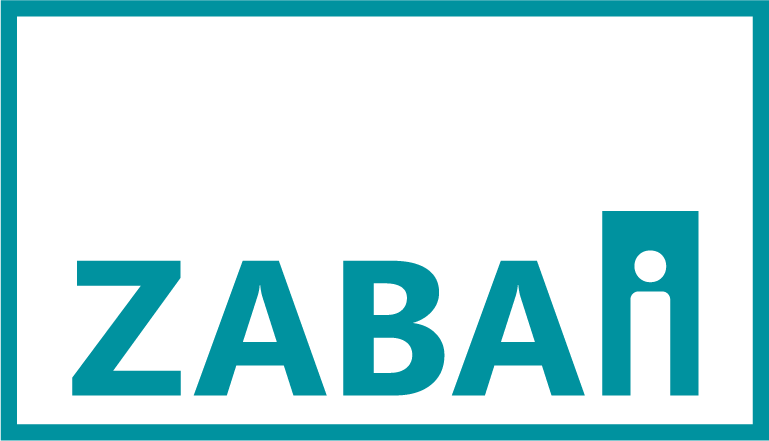Zabai Press Release
Bringing education opportunities to displacement-affected communities in Myanmar
In 2022, Zabai was granted funding from the EU-UNOPS Lives in Dignity (LiD) Grant Facility to implement the Southeast Education and Employment Opportunities (SEEO) project. The project provides a chain of support for children, youth and the unemployed from displacement-affected communities to progress from basic education to skills training and on to employment.
In the project, Zabai offers technology in the digital learning space, and two partners take on implementing roles. Zabai’s main tasks are developing e-learning content and assembling Learning Hubs (offline servers for people to access the learning materials). The project is run from June 2022 to Nov 2024. Within the span of 30 months, the project will distribute to displaced youths vocational training and to displaced children contextualized basic education materials. A blended learning approach has been selected for the training, where employers/trainers or volunteers/teachers will facilitate and complement the digital learning materials in physical environments. To take digital lessons, the learners will utilize tablets and smartphones connected to offline servers, which will be provided.
One goal of the project is for 2,000 displacement-affected youth between the ages of 16 and 30 to find employment with newly obtained skills in their communities or through migration. Another goal is to reach out to 5,000 school-aged children, split evenly between boys and girls, to receive quality, safe, IT-enabled educational services through volunteer-led alternative learning, including 100 with disabilities.
Zabai has several years of experience implementing similar activities, yet this project is by far the largest in terms of volume of content in both skills and education areas.
“We are proud to be part of this project”, says Ivar Viktil, Managing Director of Zabai. “It is an excellent opportunity to scale up our previous work with learning hubs and e-learning courses developed with support from Innovation Norway in the Vision 2030 programme. Thanks to the European Union and UNOPS for helping us reach out to more beneficiaries in a very vulnerable situation.”


